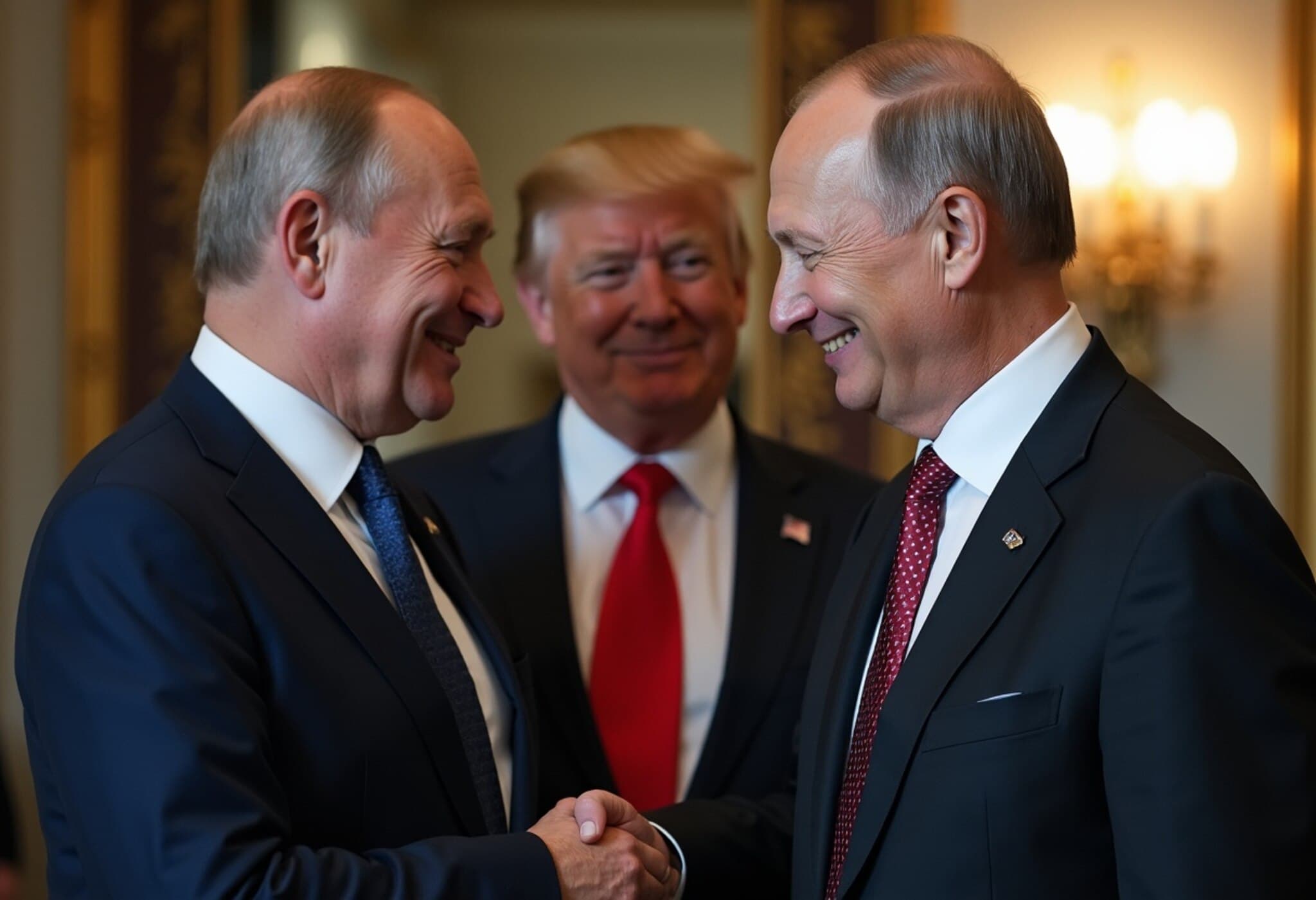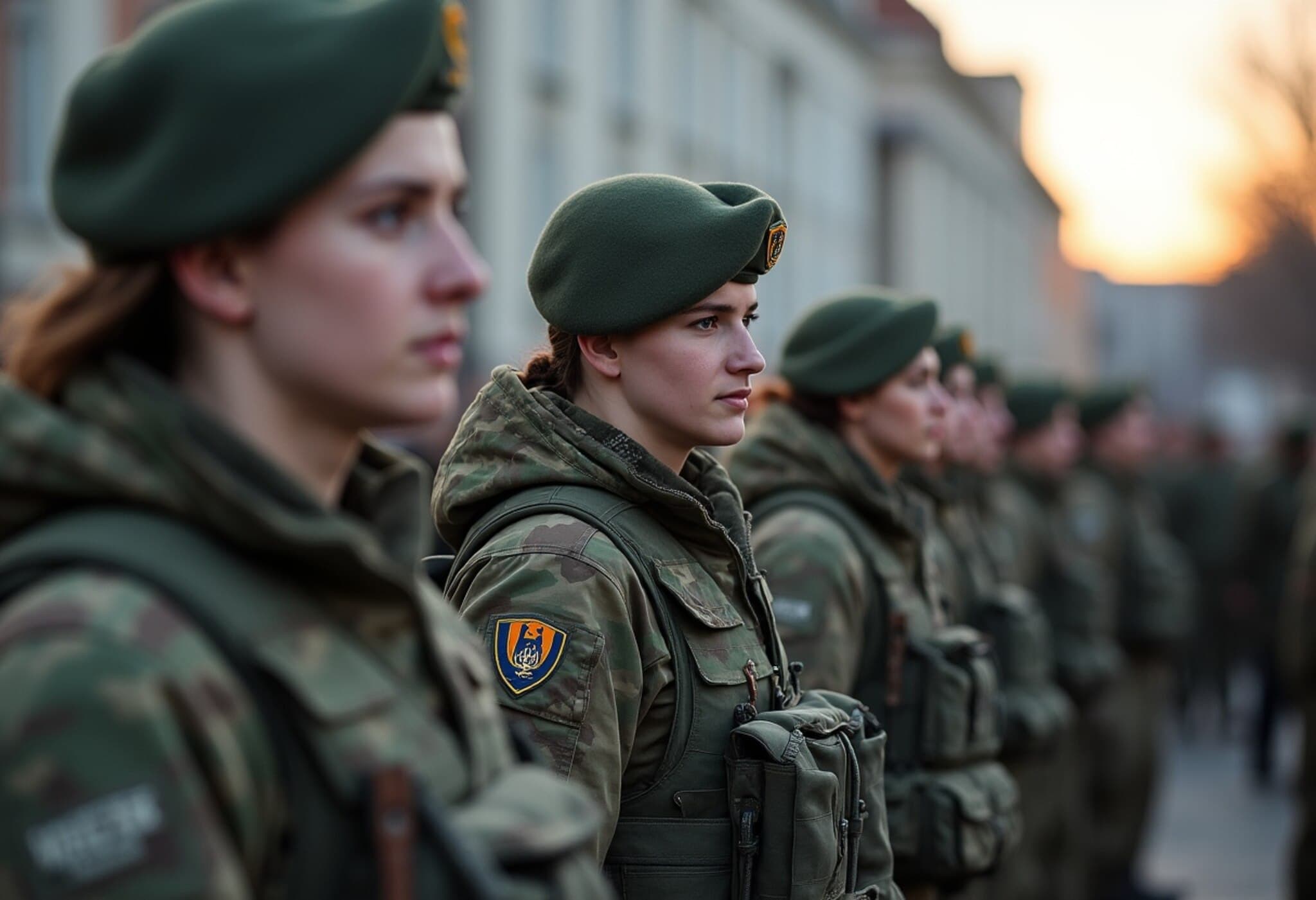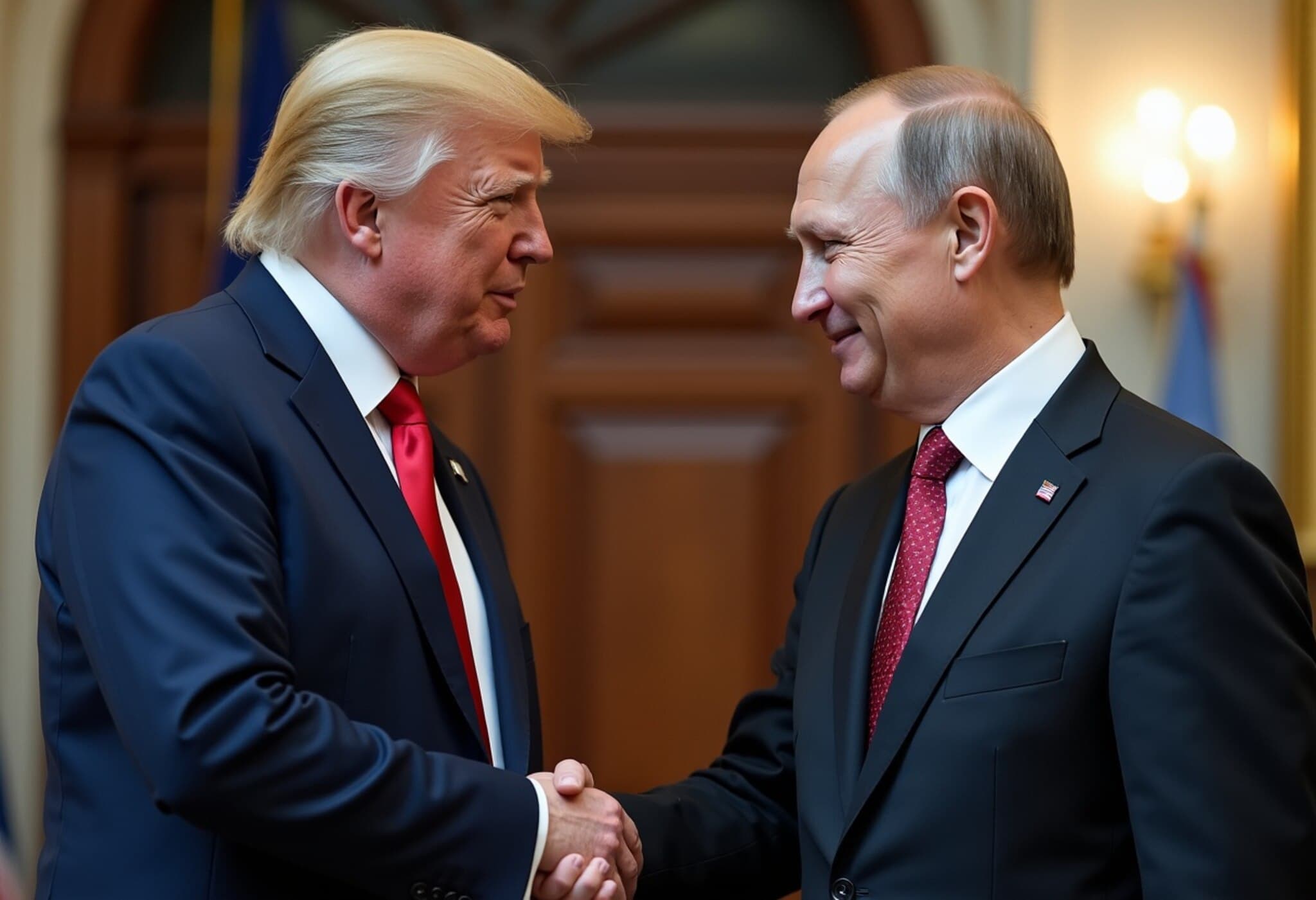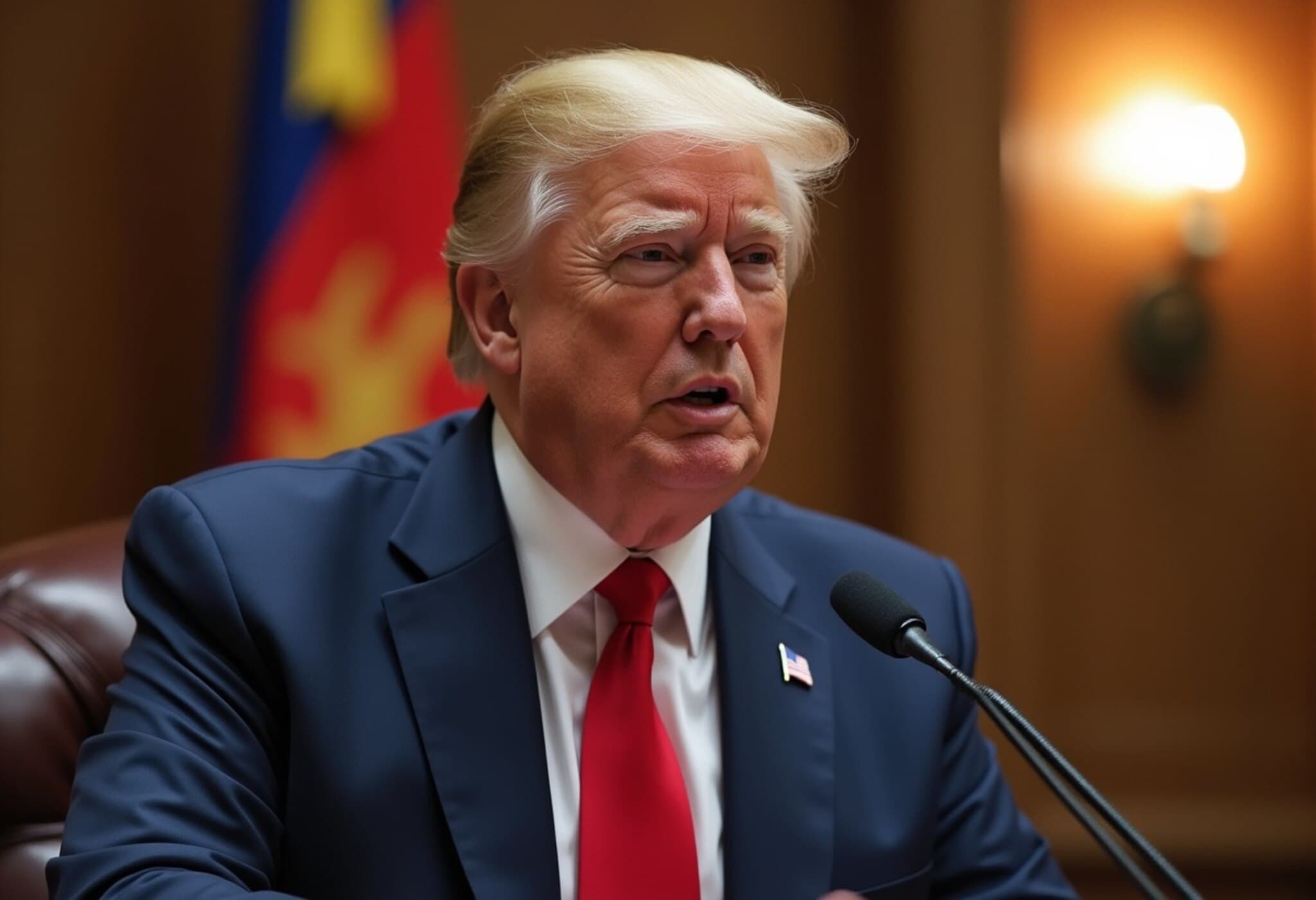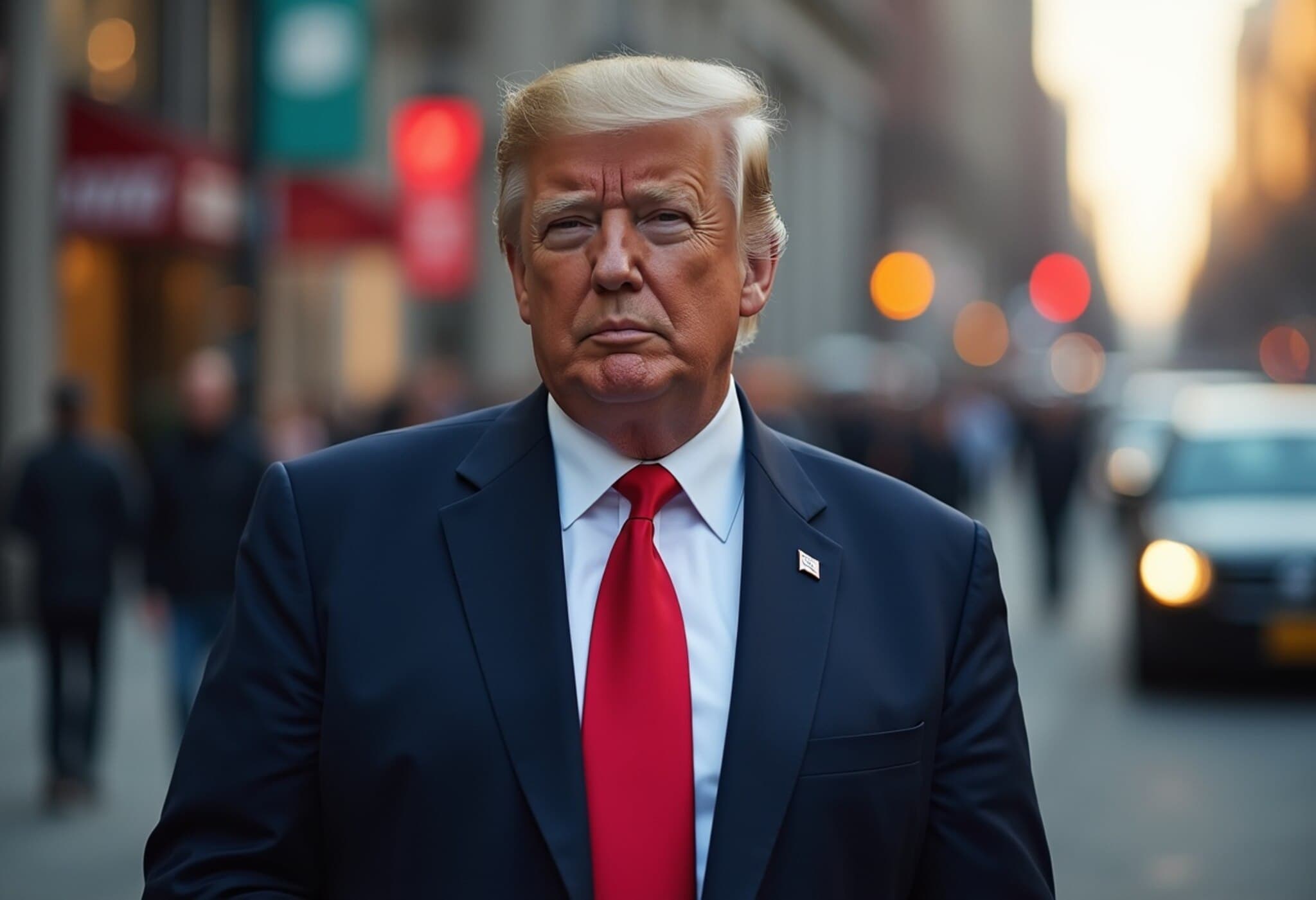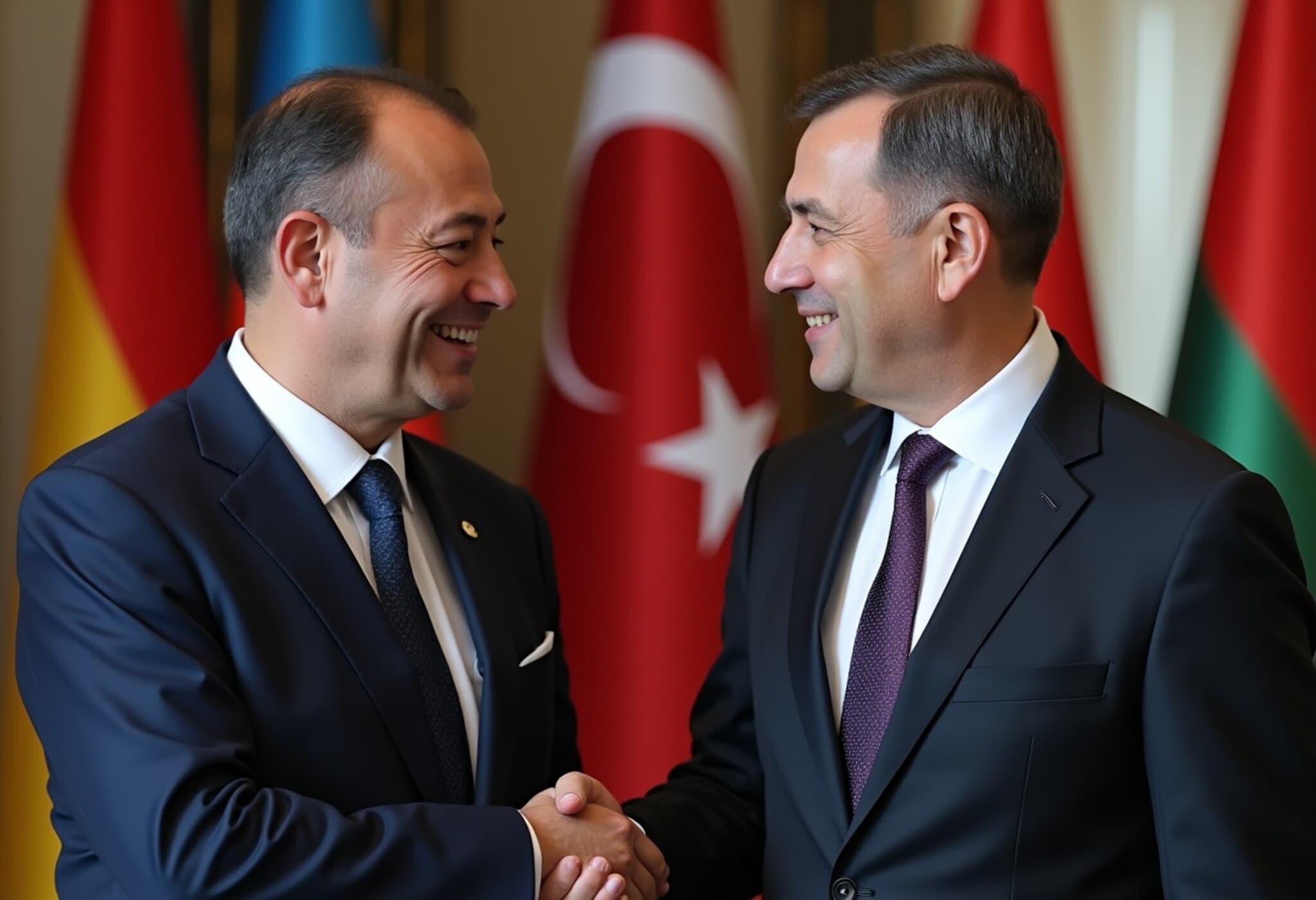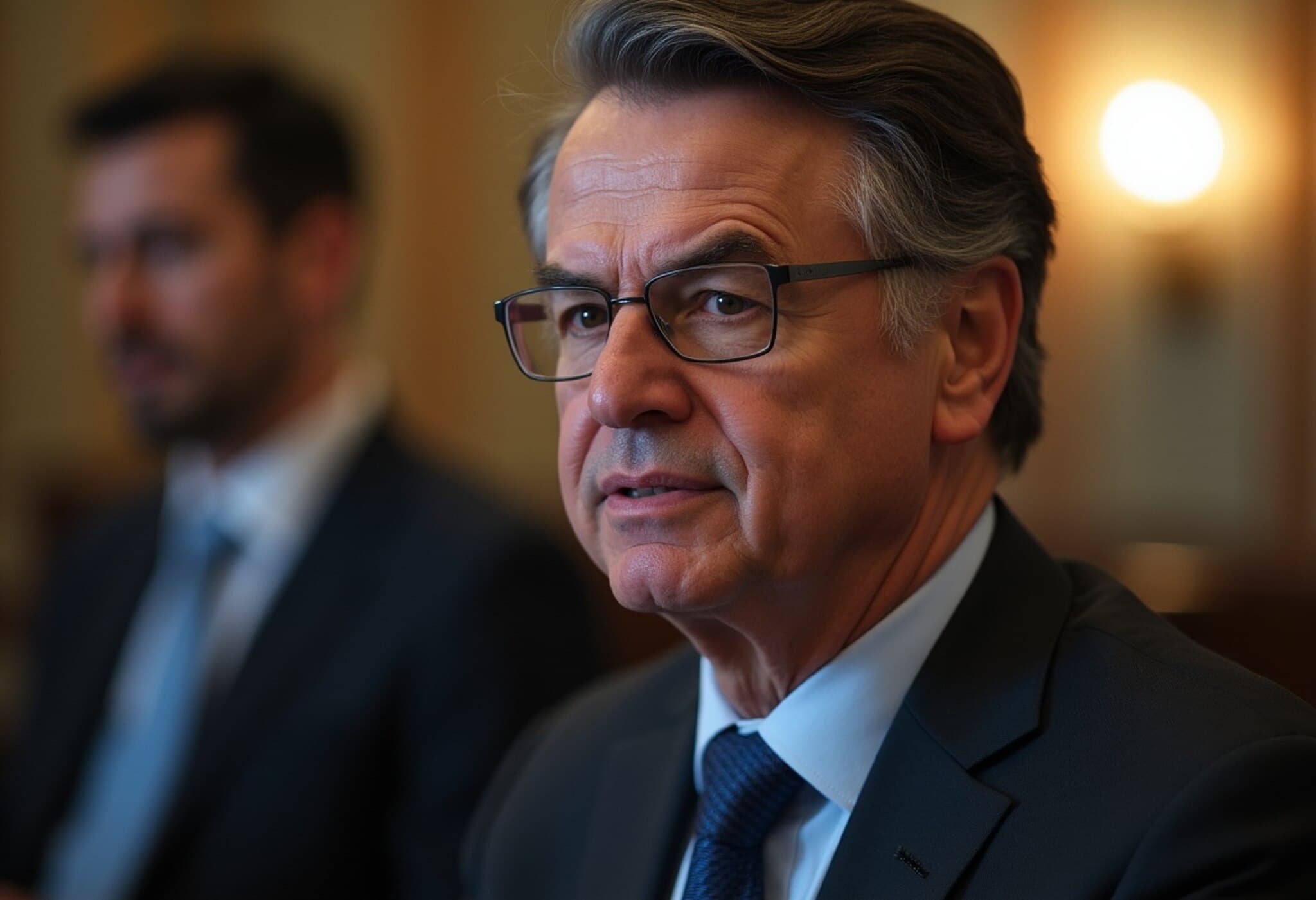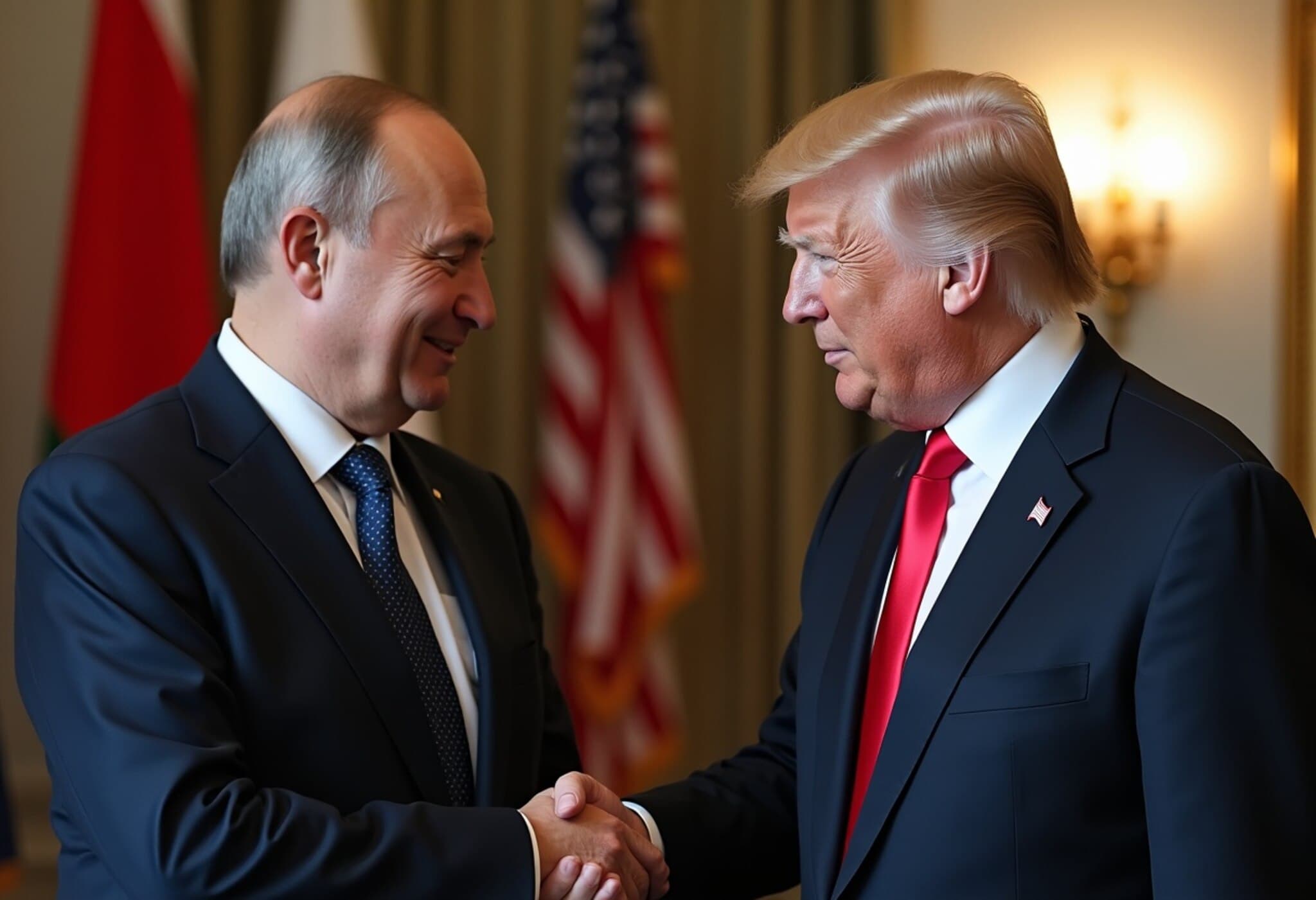Hillary Clinton’s Conditional Endorsement of Trump for Nobel Peace Prize Amid Ukraine Conflict
In a surprising twist ahead of U.S. former President Donald Trump’s high-stakes meeting with Russian President Vladimir Putin, Hillary Clinton announced she would consider nominating Trump for the Nobel Peace Prize—but with a stringent condition. The former Secretary of State stated unequivocally that she would endorse Trump’s Nobel nomination only if he successfully brokers an end to the ongoing Russia-Ukraine war without Ukraine having to relinquish any of its territory.
Setting the Stage: Trump-Putin Meeting in Alaska
Trump’s scheduled talks in Alaska are viewed as a critical diplomatic moment in attempts to de-escalate one of the most consequential conflicts in recent decades. Since Russia’s 2022 invasion of Ukraine dramatically altered the geopolitical landscape, global leaders have sought pathways to peace — efforts that remain fraught with complexity and tension.
Against this backdrop, Clinton’s statement, made during an appearance on the "Raging Moderates" podcast, introduces a fresh lens to the conversation on peace efforts. "Honestly, if he could bring about the end to this terrible war, if he could end it without putting Ukraine in a position where it had to concede its territory to the aggressor… I’d nominate him for a Nobel Peace Prize," Clinton articulated. She stressed this was no slip or offhand comment but a deliberate emphasis of her stance against any peace agreement entailing territorial concessions to Russia.
The Stakes for Ukraine and International Diplomacy
The issue of Ukraine’s territorial integrity remains a non-negotiable red line for Kyiv and many of its allies. President Volodymyr Zelenskyy has directly appealed to Donald Trump to leverage his unique relationship and influence with Putin to forge a resolution that halts the war without compromising Ukraine’s sovereignty.
In a social media statement, Zelenskyy emphasized: "It is time to end the war, and the necessary steps must be taken by Russia. We are counting on America." This underscores the pivotal role U.S. diplomacy continues to play in the conflict’s trajectory.
Trump’s Position and Potential Outcomes
Trump has conveyed cautious optimism about his talks, suggesting that while the Alaska meeting might not conclude a final peace deal, it could pave the way for subsequent negotiations potentially involving President Zelenskyy and European leaders. Notably, Trump highlighted he will not negotiate on behalf of Ukraine when it comes to territorial decisions, reaffirming that Ukraine must decide any peace deal’s terms — including difficult choices about land swaps.
Broader Implications and Expert Perspectives
This episode spotlights the intricate balance between diplomacy, national sovereignty, and international norms. If Trump were to succeed in forging a durable peace without territorial loss, it could mark a rare bipartisan moment of diplomatic success recognized by both supporters and critics alike. However, many experts caution that peace deals that compromise Ukraine’s borders may embolden further aggression, destabilizing the region severely.
From a U.S. policy angle, the situation reiterates the complexity of managing alliances, upholding democratic principles, and navigating realpolitik to foster peace. As the world watches closely, the outcome of these talks could redefine the landscape of international conflict resolution.
What Remains to be Seen
- Can Trump’s diplomatic overtures translate into concrete, lasting peace without capitulation to territorial losses?
- Will Ukraine’s leadership maintain firm control over negotiation terms that safeguard sovereignty?
- How will global actors, including the United States and European powers, position themselves post-talks to sustain peace?
- What precedent does this set for Nobel Peace Prize nominations linked closely to complex geopolitical conflicts?
Editor’s Note
Hillary Clinton’s conditional endorsement of Donald Trump for a Nobel Peace Prize offers a rare moment of convergence in an otherwise polarized political landscape—underlining the universal desire to end a devastating war without compromising principles of territorial integrity and national sovereignty. As Trump undertakes this delicate diplomatic mission, the world confronts profound questions about the nature of peace, power, and the roles individuals can play in historic conflict resolution.

